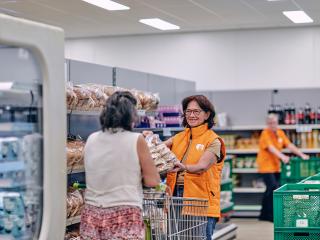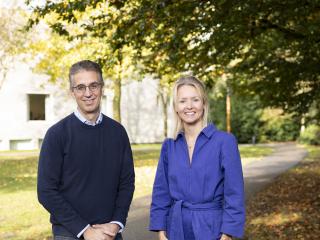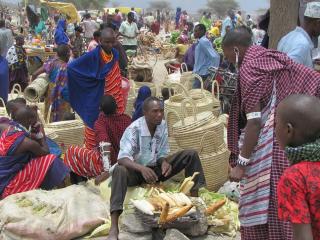Project Enhance: Cost of Diet
More than 2 billion people lack food security. How can we all be provided with food, especially in times of global distress or famine? Through AI and Big Data and in close collaboration with the World Food Programme, Johns Hopkins University, and Cap Gemini, the Zero Hunger Lab aims to answer these questions with Project ENHANCE: Environment, Nutrition and Health Analytics for National, Consumer and Emergency diets.
The main problem of malnutrition is often the economic status of an individual or family. In 2015, the World Bank estimated that more than 700 million people live on less than 1.90 dollar a day. Although the number of people living in extreme poverty has fortunately been on a decline, more effort is still needed to end it completely. If individuals have insufficient income, they will not be able to afford enough healthy and nutritious food that meets their diet. This is especially the case for individuals who have certain nutritional requirements, for example, regarding their age or physical activity.
What is Cost of Diet
Cost of Diet (CoD) is existing free software originally developed by Save the Children. It selects the least expensive set of (local) foods—and their amounts—that meets certain nutritional specifications for a household. Many additional factors are taken into account when composing the food basket, such as local food preferences or dietary habits.
Developing a more robust Cost of Diet
Zero Hunger Lab is going to work on a next version of Cost of Diet that extends the underlying model. Two food baskets may be similar in nutritional value but may differ enormously in fossil depletion, water usage, or land usage. ZHL also takes possible fluctuations in food prices into account.
Potential Impact
The Cost of Diet software can be used to answer questions such as “How much money is needed to give all malnourished families in a particular region or country enough food to meet their nutritional requirements?”
If ZHL succeeds in making the underlying model of Cost of Diet more robust, it will provide us with a food basket that is more resilient against sudden price fluctuations. This makes it more likely that individuals or households are still able to afford the same (or a somewhat similar nutritious) food basket when prices change.
Furthermore, we know that food decisions also impact our environment. Therefore, if Cost of Diet also minimizes the negative impact on the environment (without disregarding its recipients), the solution will be more sustainable. Overall, improving Cost of Diet in both ways will provide policymakers with much better insights.
News
Partners
In the project ENHANCE: Environment, Nutrition and Health Analytics for National, Consumer and Emergency diets, Zero Hunger Lab works in close collaboration with:
- the World Food Programme
- the Center for a Livable future (John Hopkins)
- Capgemini
Project ENHANCE: The Tech4PositiveFutures entry
Contact
Project leaders
- Melissa Koenen
- Koen Peters
Supervisors
Also interesting
-
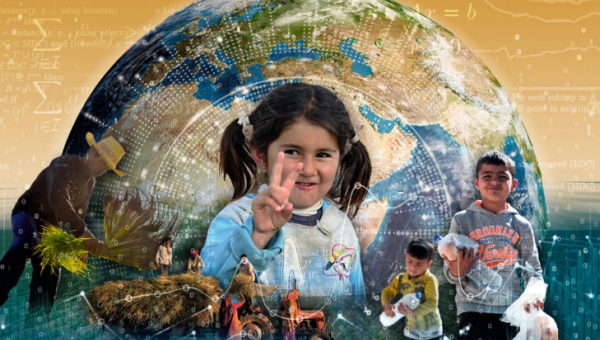
Zero Hunger Lab
Tilburg University’s Zero Hunger Lab is a research group that aims to achieve global food security through the power of data science.
More information -
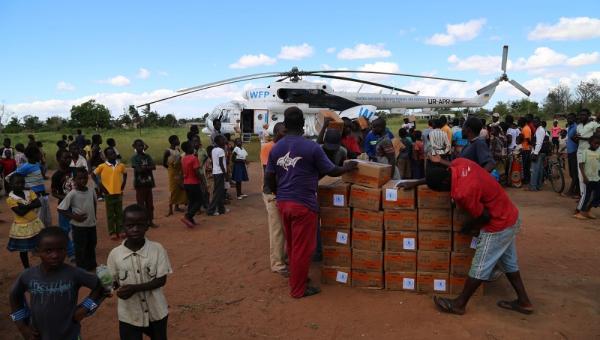
Model OPTIMUS and its collaboration with World Food Programme
The UN approached Tilburg University with the challenge of optimizing the supply chain in crisis situations using data analytics.
More information -
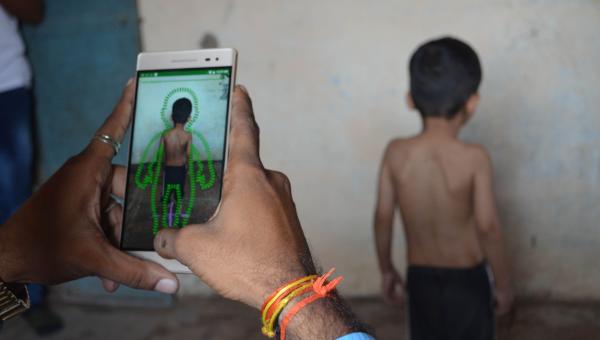
Child Growth Monitor
Tilburg University's Zero Hunger Lab was asked to develop the AI algorithm that measures body parameters, such as height, circumference, and weight from images. The algorithm can be included in the app to enable automatic detection of malnutrition in children all over the world.
More information -
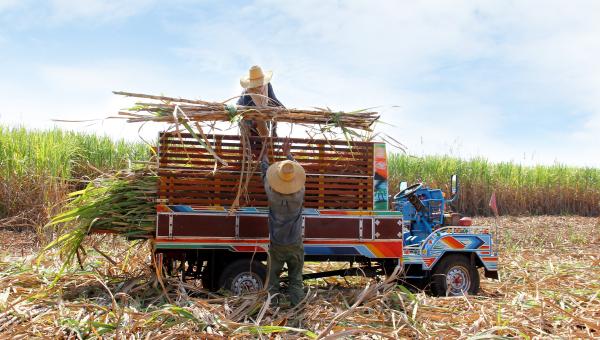
Fair and sustainable supply chain for sugar cane
Solidaridad asked the Zero Hunger Lab how they could use data to contribute as much as possible to the development of a fair and sustainable supply chain of sugar cane and palm oil.
More information


